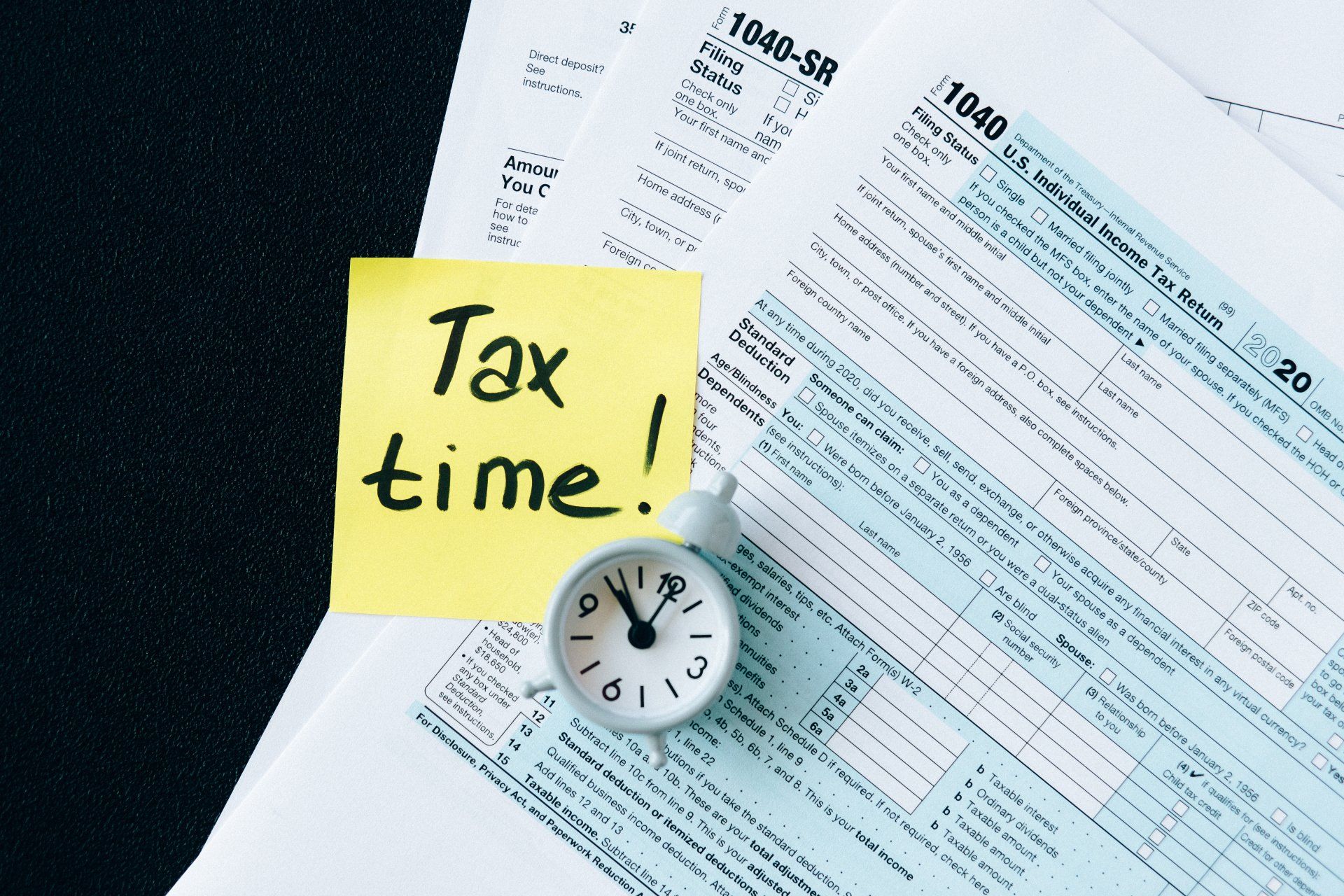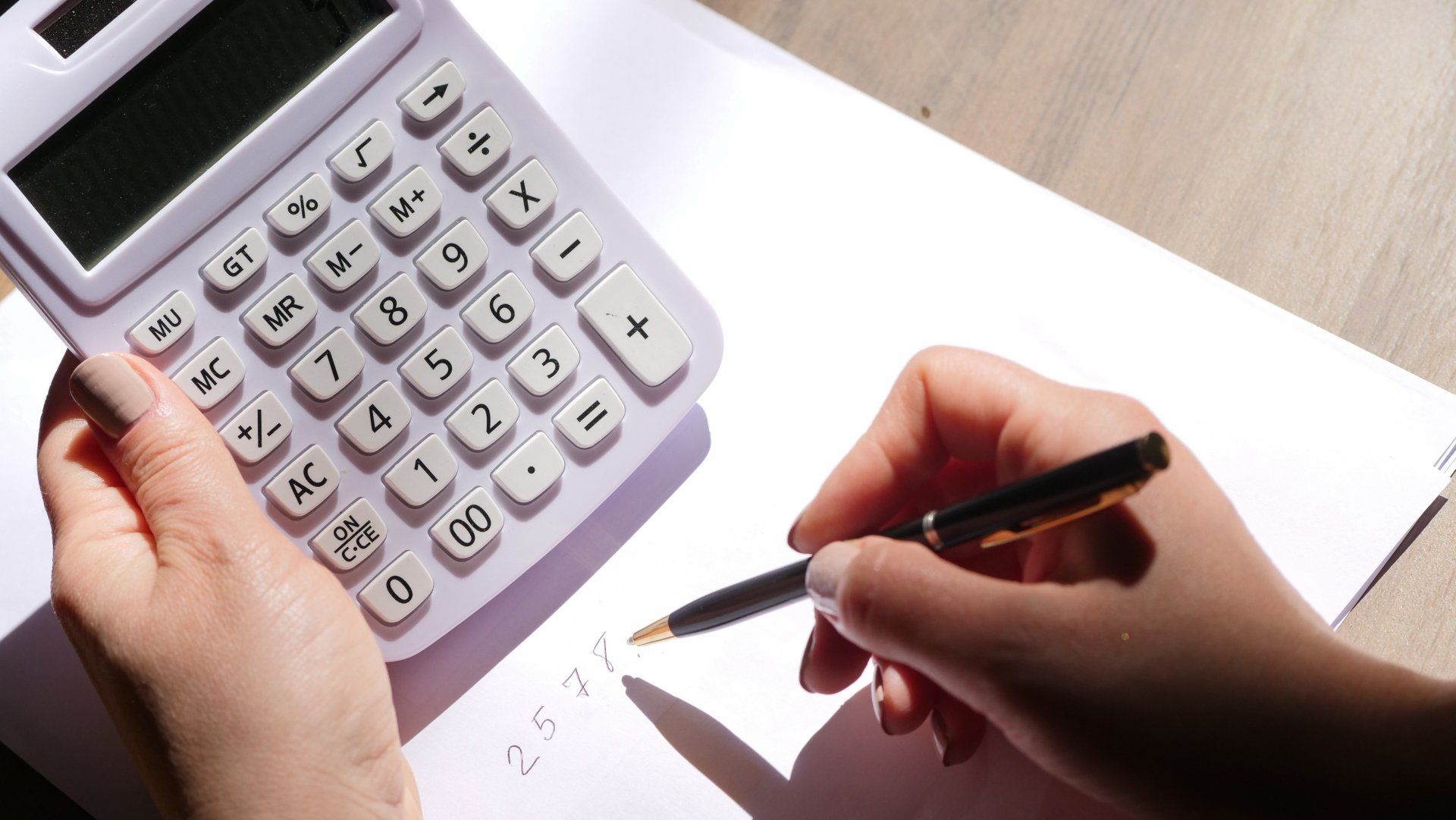Tax Planning - Practical Points to Consider
Tax Simplified 4 You | 19 November 2020
Income Tax
Individuals with total income in excess of £150,000 pay the additional rate of income tax, currently 45%, however individuals with income between £100,000 and £125,000 (in 2020/21) are subject to an effective 60% tax rate due to the phased withdrawal of the personal allowance. Some tax efficient options to consider are:
Transferring assets to spouse or civil partner
If one spouse or civil partner does not have enough income to utilise their personal allowance or their nil, basic or higher rate tax bands, it may be possible for the other to give sufficient income producing assets to them to enable them to do so.
Charitable donations
If a 45% taxpayer makes a cash donation to a charity of £20,000 under the ‘Gift Aid’ scheme, the charity may reclaim £5,000 from HM Revenue & Customs (HMRC) and the donor will obtain tax relief of £6,250 via their tax return.
Pensions
The amount of pension savings that can be made for each individual and still receive tax relief is limited to the ‘annual allowance’ of £40,000. From 6 April 2020 the annual allowance for individuals with income of more than £240,000 has been reduced by £1 for every additional £2 of income between £240,000 and £300,000, resulting in an annual allowance of £4,000 for those with taxable income of £300,000 or more.
If the individual was a member of a UK registered scheme in the relevant tax year, unused annual allowance for the last three years can be utilised in the current year. Therefore in 2020/21, unused allowances from 2017/18 onwards could be utilised.
Capital Gains Tax (CGT)
Use the CGT annual exemption
Consideration could be given to selling assets to realise gains below any available CGT annual exemption (£12,300 in 2020/21).
However, anti-avoidance rules mean that if shares and securities are sold and repurchased within the following 30 days, the disposal will be matched with the later acquisition when the gain is calculated.
Gift to spouse or civil partner prior to a disposal
Transfer of assets between spouses or civil partners is normally free of tax.
If the receiving spouse or civil partner were to sell the asset, the resulting gain may be covered by their CGT annual exemption or their capital losses and possibly result in a lower rate of tax.
The gift of assets must be absolute and unconditional.
If the spouse or civil partner is non-UK domiciled, the inheritance tax implications of any gift should be considered.
Non-Resident Capital Gains Tax (NRCGT)
Since 6 April 2015, any gains realised by non-UK residents (including individuals, trustees and companies) who dispose of UK residential property are within the scope of CGT.
Each disposal needs to be reported on a NRCGT return within 30 days of the date of completion and any CGT due may need to be paid within the same 30-day time period.
Since 6 April 2019, NRCGT also applies to disposals of directly owned UK non-residential property, such as commercial buildings and farmland, and, in certain circumstances, to disposals of assets which primarily derive their value from UK property including, for example, shares in companies that own a high-proportion of UK land, whether residential or non-residential. Rebasing will be available to 5 April 2019.
Using current year exemptions and allowances
Other exemptions and allowances to consider are:
Inheritance Tax (IHT) annual exemption of £3,000 per annum
This is the amount individuals can give each tax year, without any IHT implications. If the previous tax year’s (2019/20) £3,000 annual exemption was unused, £6,000 can be given away tax-free in 2020/21.
Stakeholder pensions of £3,600 per annum (gross)
Any UK resident individual under the age of 75 can contribute up to £2,880 (net) into a stakeholder pension each year, irrespective of their earnings or whether or not they are employed.
The pension provider will reclaim 20% tax relief direct from HMRC, and therefore the policy will be credited with a gross contribution of £3,600.
It is important to note that the funds will not be accessible until pension age (currently 55).
Individual Savings Accounts (ISAs)
The annual overall subscription limit for an ISA for 2020/21 remains at £20,000.
There are various types of ISA available although the investment limit applies across all ISAs in total. ISAs are available to UK resident individuals aged 18 or over and aged 16 or over for cash ISAs.
The interest earned from ISAs is free from income tax and CGT.
Junior ISAs may also be worth considering for children under 18, with an annual subscription limit in 2020/21 of £9,000. Ordinarily, when a parent gives money to a child under 18 in excess of £100, the whole of the income is taxable on the parent, but this provision does not apply to a Junior ISA.
If you have any questions with regards to how best you can maximise your tax savings, then get in touch here.









